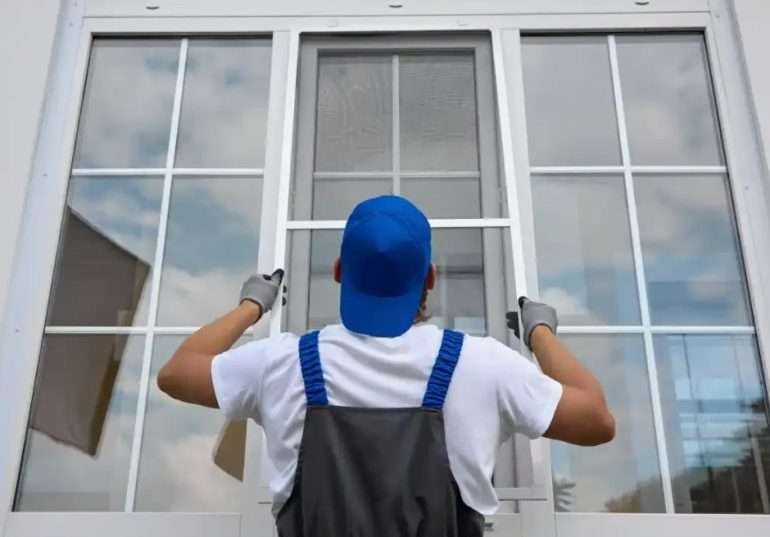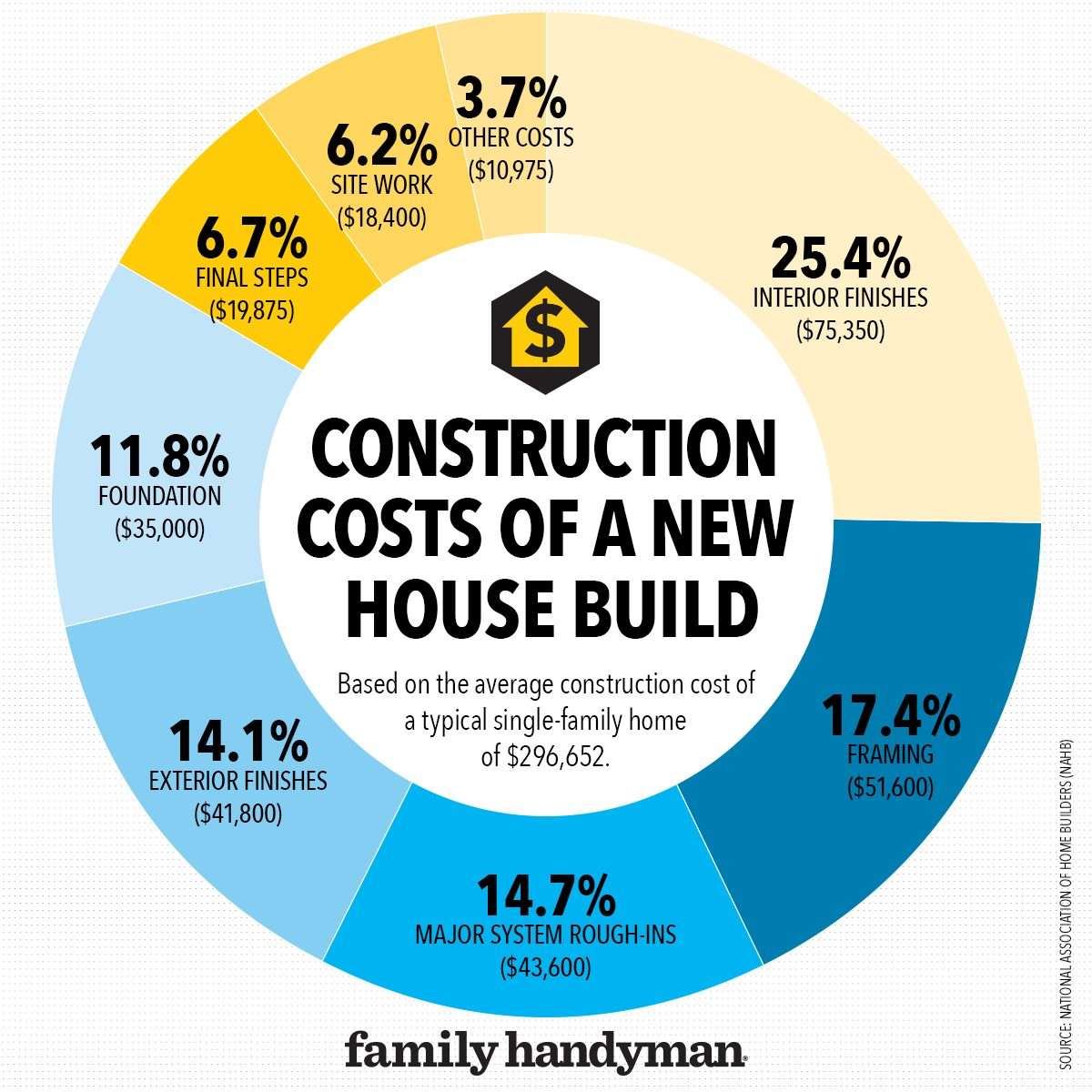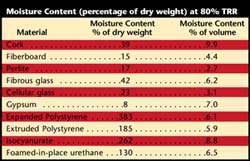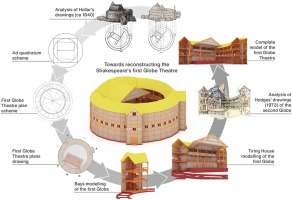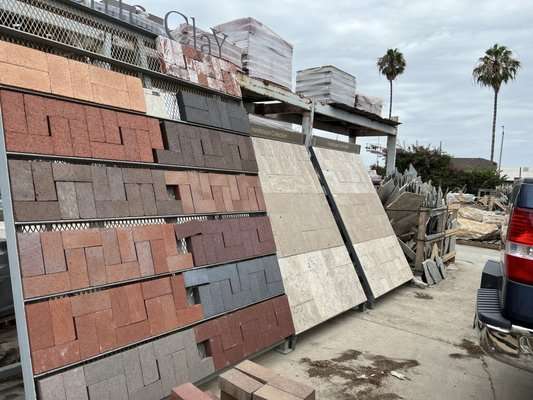Navigating the complexities of construction finance in Illinois often involves understanding the nuances of tax exemptions, and the Illinois building materials exemption certificate plays a crucial role in many projects․ This certificate allows qualified purchasers to avoid paying sales tax on materials incorporated into real estate within specific enterprise zones or River Edge Redevelopment Zones․ Understanding when and how to utilize the Illinois building materials exemption certificate can significantly impact project costs and overall financial viability․ This guide provides a thorough overview of the certificate, eligibility requirements, and the application process․
Understanding the Illinois Building Materials Exemption
The Illinois building materials exemption is designed to incentivize development and redevelopment within designated areas․ By eliminating sales tax on building materials, the state aims to attract investment and stimulate economic growth․ The exemption applies to materials that become a permanent part of the real estate, such as lumber, concrete, roofing materials, and fixtures․
Who is Eligible?
Eligibility for the exemption is generally limited to:
- Businesses located within an enterprise zone or River Edge Redevelopment Zone․
- Organizations certified by the Illinois Department of Commerce and Economic Opportunity (DCEO);
- Contractors working on projects within these designated zones․
It’s critical to verify the specific requirements and qualifications with the DCEO or a qualified tax professional before assuming eligibility․ Failure to comply with all regulations can result in penalties and back taxes․
The Application Process
Obtaining an Illinois building materials exemption certificate involves a structured application process․ The DCEO provides the necessary forms and guidelines․ Here’s a general overview of the steps involved:
- Determine Eligibility: Confirm that your project and organization meet the criteria for the exemption․
- Complete the Application: Fill out the application form accurately and completely․ This includes providing detailed information about the project, the location, and the expected use of the building materials․
- Gather Supporting Documentation: Collect all required supporting documents, such as proof of location within the enterprise zone or River Edge Redevelopment Zone, organizational certifications, and project plans․
- Submit the Application: Submit the completed application and supporting documents to the DCEO․
- Await Approval: The DCEO will review the application and, if approved, issue the Illinois building materials exemption certificate․
Using the Exemption Certificate
Once you have received your exemption certificate, you can present it to suppliers when purchasing building materials․ The supplier will then not charge sales tax on the eligible materials․ It is important to keep detailed records of all purchases made using the certificate, as these records may be subject to audit․
It’s also important to note that the exemption certificate is typically project-specific and may have an expiration date․ Be sure to use the certificate only for the designated project and within the specified timeframe․ Misuse of the certificate can result in penalties and revocation of the exemption․
Understanding the Illinois building materials exemption can significantly benefit construction projects within designated zones․ By following the correct procedures and adhering to the guidelines, businesses can reduce costs and contribute to the economic development of these areas;
Furthermore, compliance is paramount․ Ensure that all invoices and receipts clearly indicate the use of the exemption certificate․ Retain copies of the certificate and all related documentation for at least the period required by Illinois law, typically three years after the completion of the project, as this may be needed for audit purposes․ It is also important to understand the limitations of the exemption․ For example, it generally does not cover tools or equipment used during construction, only the materials that become a permanent part of the structure․
NAVIGATING POTENTIAL CHALLENGES
While the Illinois building materials exemption offers significant financial benefits, navigating the process can present challenges․ Common issues include:
– Determining Zone Eligibility: Accurately identifying whether a project site falls within a designated enterprise zone or River Edge Redevelopment Zone can be complex․ Consult official zone maps and contact local economic development agencies for confirmation;
– Application Delays: The application review process can sometimes be lengthy․ Plan ahead and submit your application well in advance of anticipated material purchases․
– Supplier Acceptance: Some suppliers may be unfamiliar with the exemption certificate or have concerns about accepting it․ Be prepared to provide them with information about the program and, if necessary, direct them to the DCEO website for verification․
Addressing these challenges proactively can help ensure a smooth and successful experience with the exemption program․
STAYING UPDATED ON REGULATORY CHANGES
The regulations governing the Illinois building materials exemption are subject to change․ It is essential to stay informed about any updates or revisions to the rules and procedures․ Regularly check the DCEO website for announcements and guidance․ Subscribe to industry newsletters and attend relevant seminars to stay abreast of the latest developments․ Consulting with a qualified tax professional who specializes in Illinois tax law can also provide valuable insights and ensure ongoing compliance․
The efficient use of the Illinois building materials exemption depends on thorough preparation, meticulous record-keeping, and continuous awareness of regulatory updates․ Approaching the process with diligence and seeking professional guidance when needed can maximize the benefits of this valuable incentive and contribute to the success of your construction project․ Therefore, it is essential to follow instructions to properly use the Illinois building materials exemption certificate․

